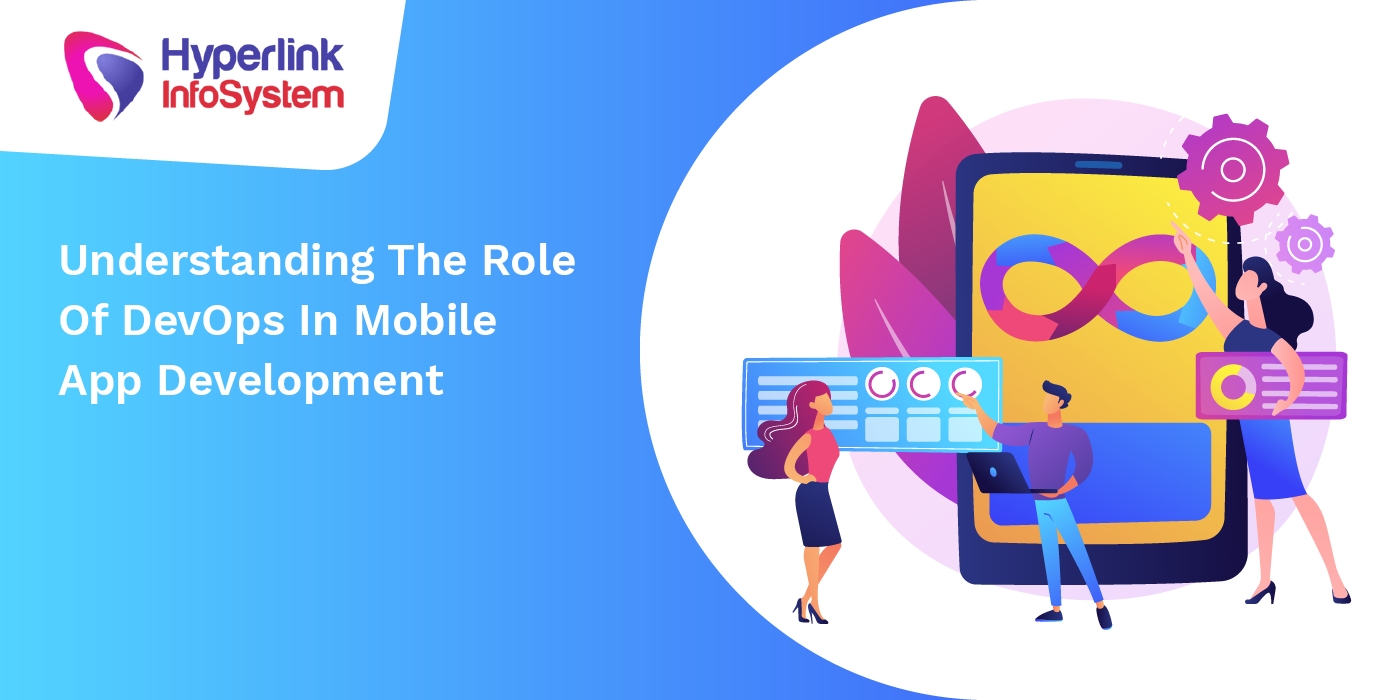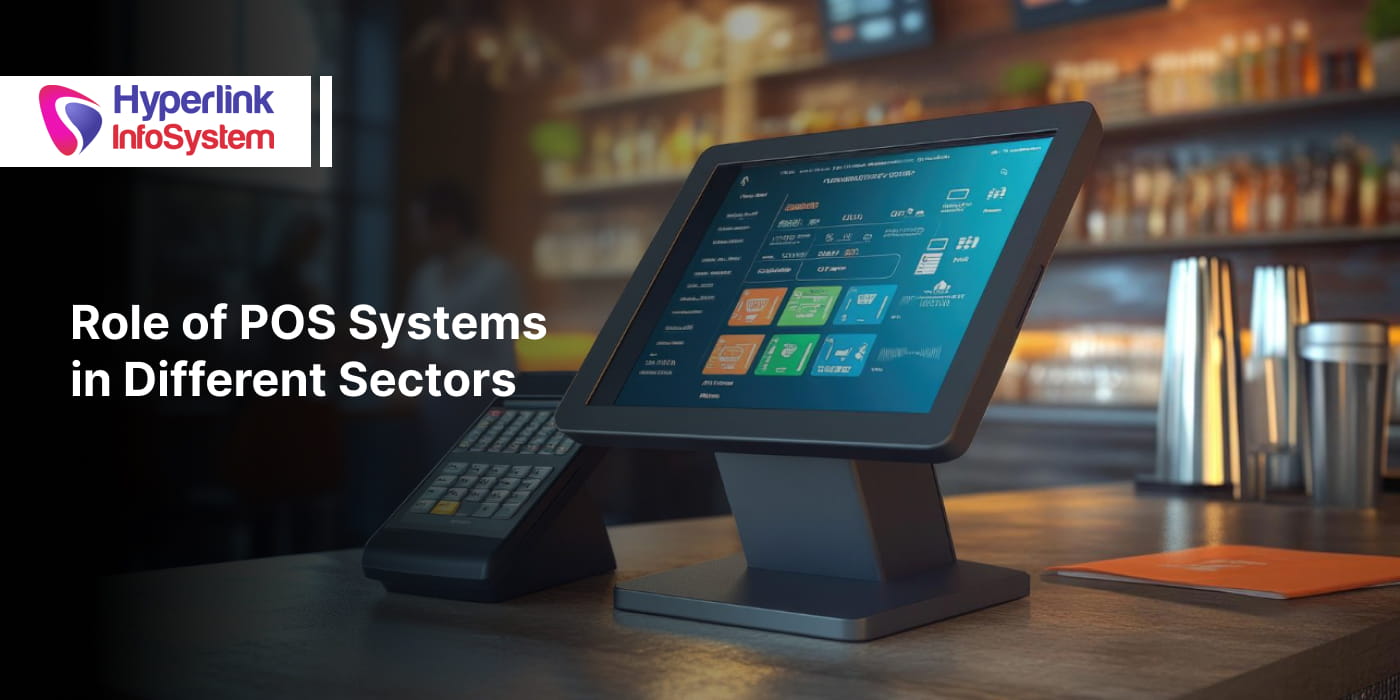�
The rise in the technological field has also given a boost to the number of people using smartphones. Smartphone users have excelled 3 billion and are anticipated to grow even more in the coming years. The increasing number of mobile app installs and users shows considerable growth in the mobile app industry.
The digital shift was different years ago, where the IT industry focused mainly on meeting the growing demands of mobile markets and businesses focused on capturing a mobile presence.
As a result, crucial mobile app development elements like
app development cost, code quality, maintainability, security and others were left behind.
However, today the landscape has changed. Today, it has become more crucial than ever to focus on vital elements previously ignored and embrace new ways to deliver quality solutions at a reduced cost. This is where DevOps comes into light.
DevOps is a modern approach for mobile app development that facilitates smooth application delivery from start to end. DevOps eliminates the development-operations barriers and is the end of the conventional waterfall approach to software development.
What is DevOps?
DevOps is a novel approach that emphasizes successful collaboration between all the investors involved in developing a digital product. It includes
app developers, operational staff and project managers.
DevOps connect the gap between development and operations and weathers the difficulties related to continuous software delivery.
DevOps mainly aims to foster a culture of team-work that previously worked in isolation. It is not just an approach; it improves collaboration and enables higher integration. It ties together quick, continuous delivery and automation so that development-operation terms can be productive and launch software quicker and more reliably.
DevOps has made it quite easier to align business goals and deliver superior value to the customers.
Advantages of Adopting DevOps
DevOps has effectively broken the barrier and brought development & operations on the same page. Before DevOps, developers used to script complete code first and later send it to the operations team.
DevOps makes the mobile app development cycle efficient. It makes sure about equal distribution of responsibilities amongst different teams and goals are placed so that each team has clarity about the app performance.
DevOps is suitable for mobile app development; it has the following benefits to offer:
- Better customer experience
- Faster release time
- More time for innovation
- Improved employee engagement
- Quick resolution of bugs and errors
- Improved team-work
- Steady environment for easy deployments
- Continuous delivery of software
Steps To Implement Mobile DevOps
Below are the three fundamental steps to use mobile DevOps:
1. Continuous Integration & Delivery
Developers should practice scripting code that can easily integrate with others. Mobile DevOps workflow should smoothly integrate the code written by one team and code delivered by another team. The development teams must ensure that all the development assets like scripts, documents, text files, configuration and code are traceable.
The continuous integration must ensure continuous delivery as well. This makes sure that the product is launched quickly when it is complete.
2. Testing & Monitoring
Several factors determine the mobile app success. These factors comprise several devices an app has to run on while parallelly considering the devices’ resolution, functionalities, screen size, capabilities, etc. Hence, testing must be conducted not only on simulators and emulators but in the real world. The automated testing process enhances the process of managing frequent builds, bug identification, & troubleshooting.
Moreover, it is also quite normal for an app to perform well at the time of testing but fail in the live environment. Several factors may correspond with failures like memory, power, network conditions, etc.
Hence, it becomes imperative for developers to ensure continuous performance supervision by adding third party SDKs like the crash report, log, etc. to ascertain the cause of failure.
3. Quality Control
Measuring and verifying all parts of the code from start to end, including any applied changes in between, is crucial. Feedbacks and ratings on the app store should be continually supervised. It helps in addressing issues and makes way for future improvements.
ROI of Mobile DevOps
Benefits of DevOps are manifold, such as:
1. Better Customer Experience
Every ios app development company aims to render its customers with better products and services. DevOps creates superior quality apps for the user via continuous automated testing. It improves user experience and satisfaction.
Apps with higher ratings display higher in app stores and are easy to find. Testing is essential to launch a quality product. Improving the test speed helps lessen time to market and deliver a better experience to end-users simultaneously.
2. Increased Innovation
A business is truly innovative when it can quickly launch the latest products of superior quality in the market. DevOps enables a business to respond promptly to customer feedback and a rapidly changing market.
DevOps for mobile app development makes sure that the development team can create and deliver quality apps that have been intensely tested to match the user needs.
3. Improved Software Quality
DevOps promotes faster development, frequent releases and results in steady and quality software. When DevOps combines Agile, it leads to better troubleshooting and collaboration. The DevOps approach hints that everything is closely supervised, like performance, user experience and security. The outcome of this scrutiny is stable and robust software.
4. Lower Risk
Even though the DevOps and Agile system embraces changes and changes in the development cycle are often, these changes are tested before launching it to users. This is how DevOps lessens significant risk. Automating the testing promises bug identification and fixation before product launch.
Final Words
There are several benefits of DevOps and embracing it can create a breakthrough. Implementing DevOps can be a bit challenging because it entails technical, technical and business decisions. However, if adopted effectively, it adds value to the business in terms of more efficiency and revenue.
At Hyperlink InfoSystem, we offer our clients such services to help them market new features while also capturing new market opportunities.

























